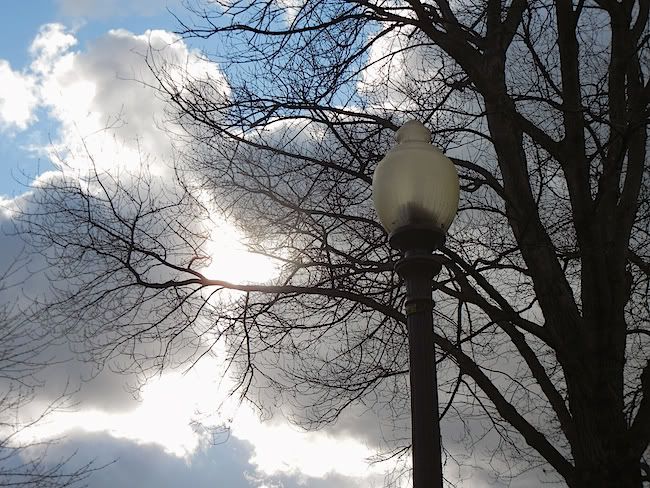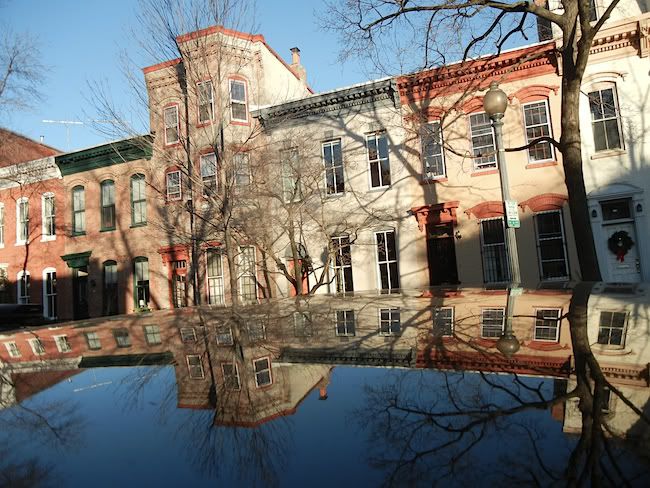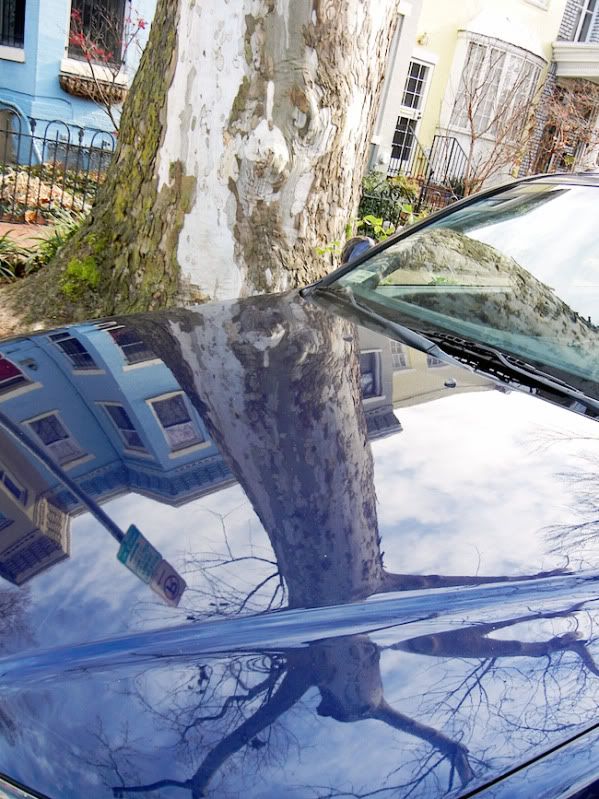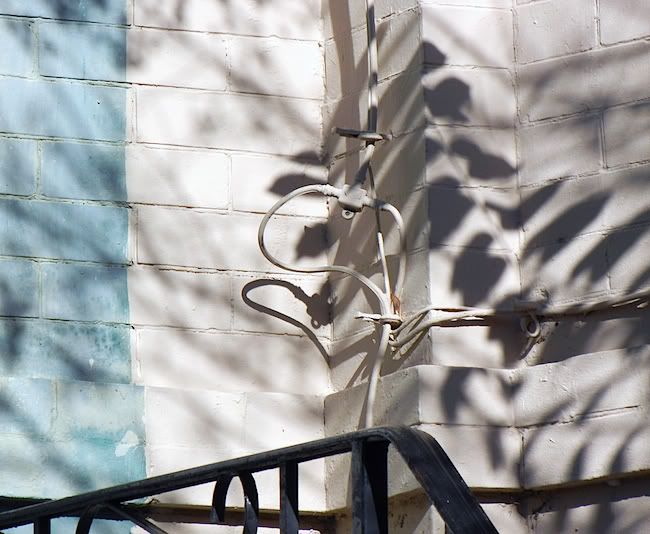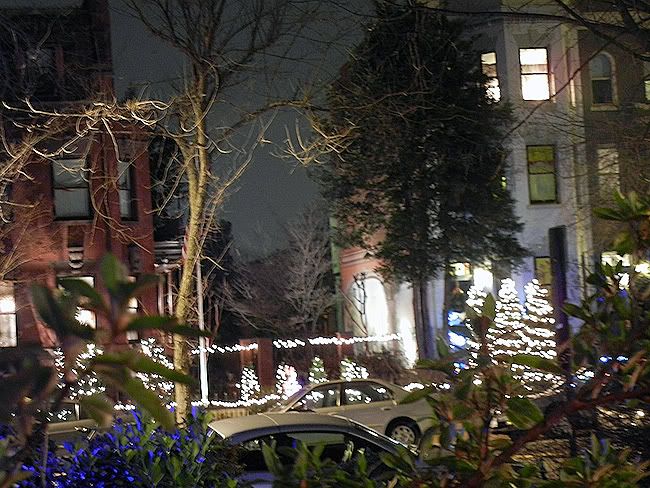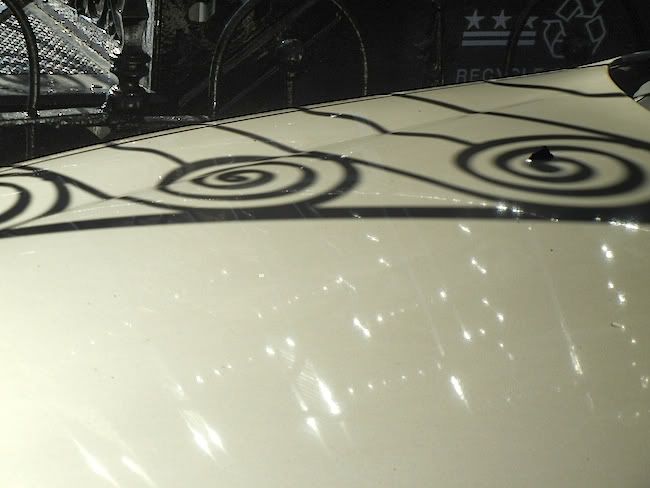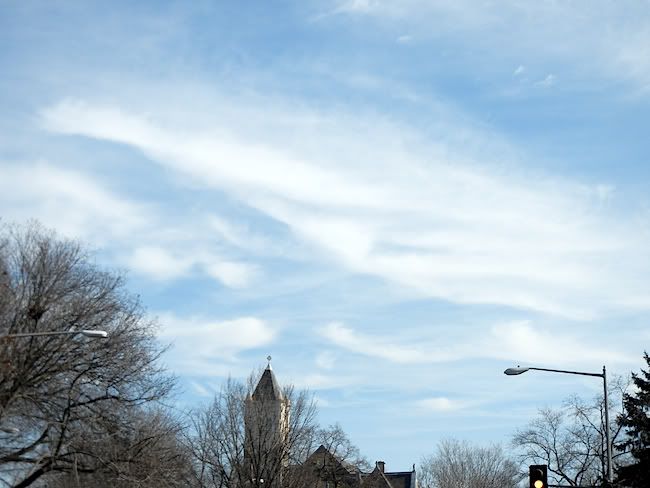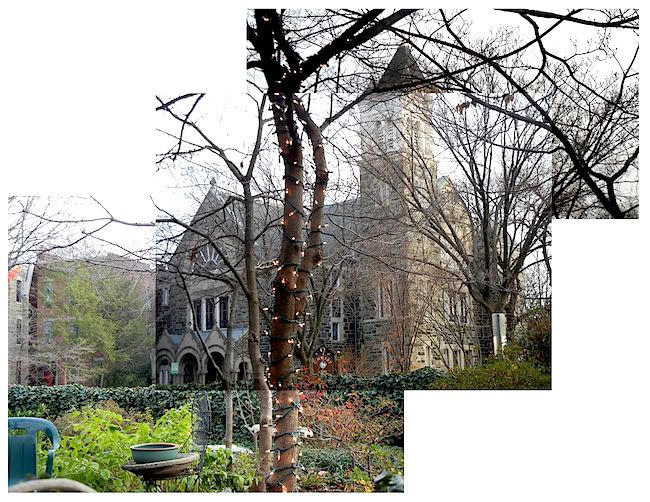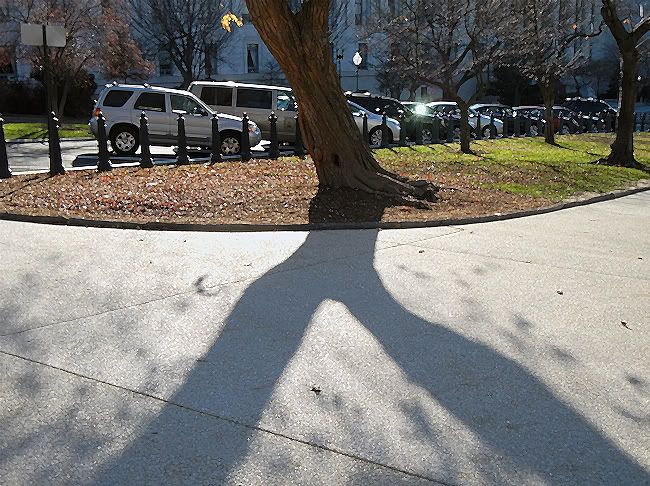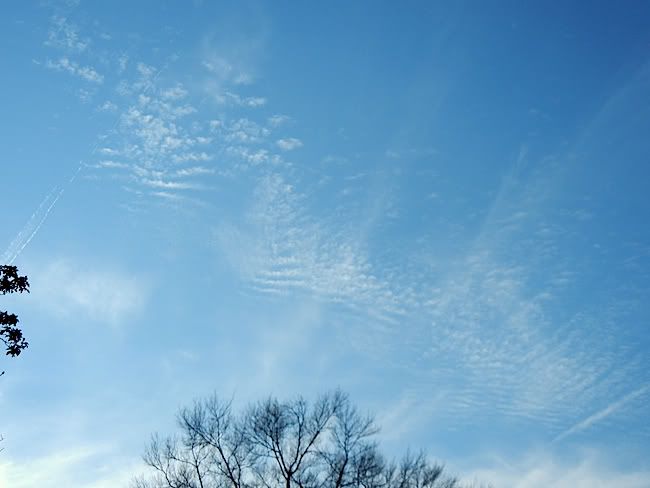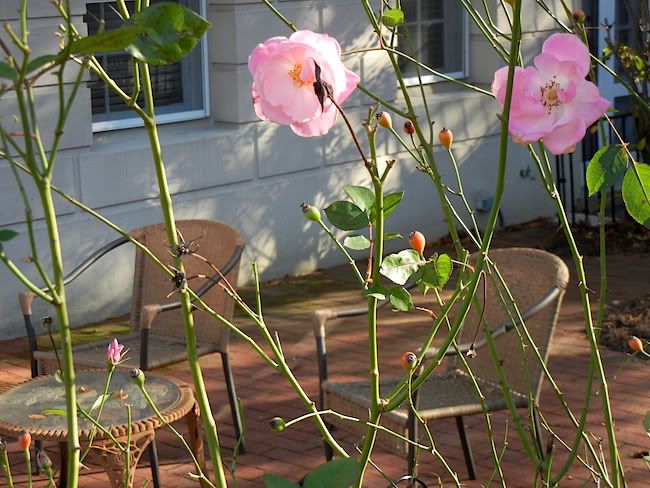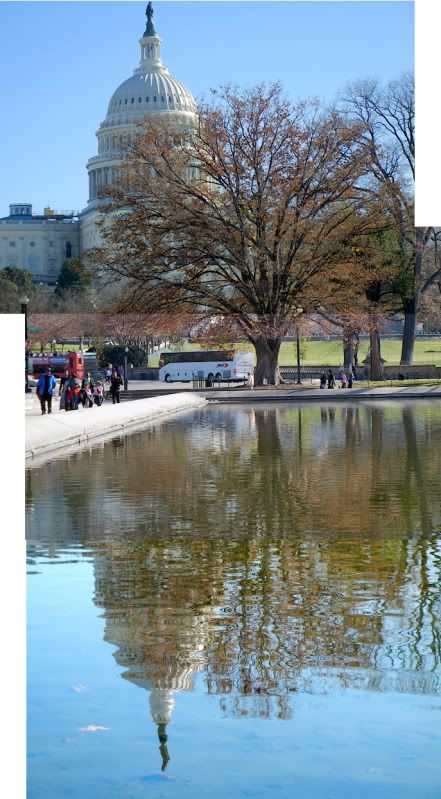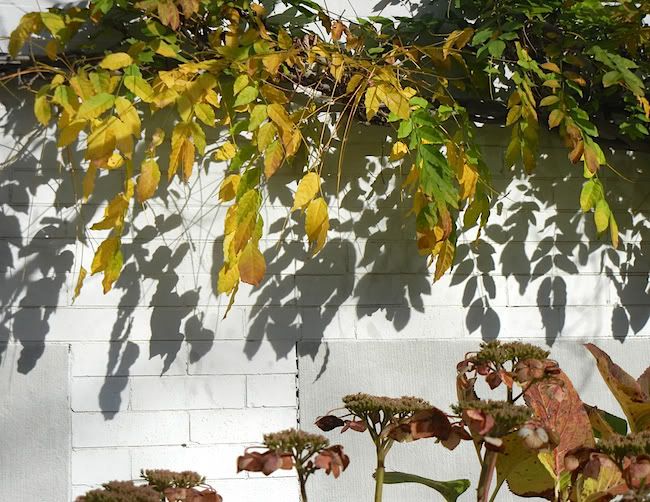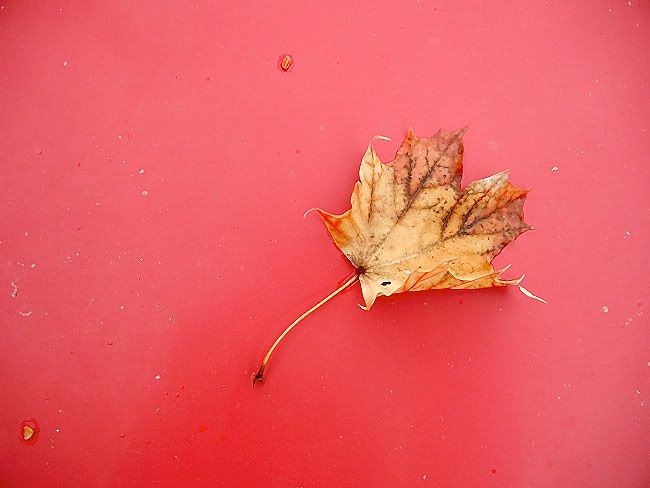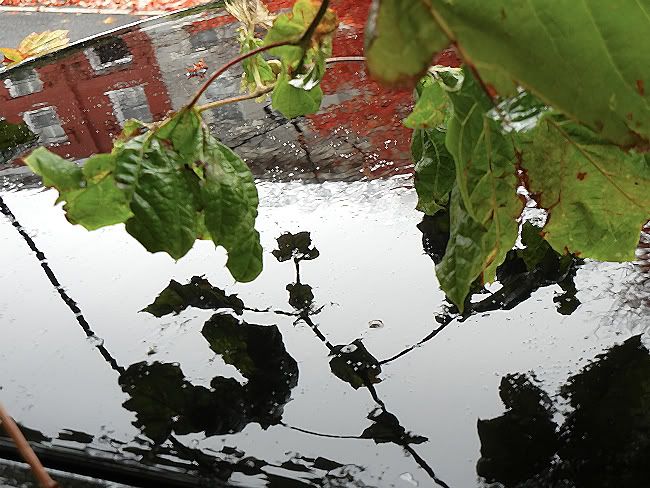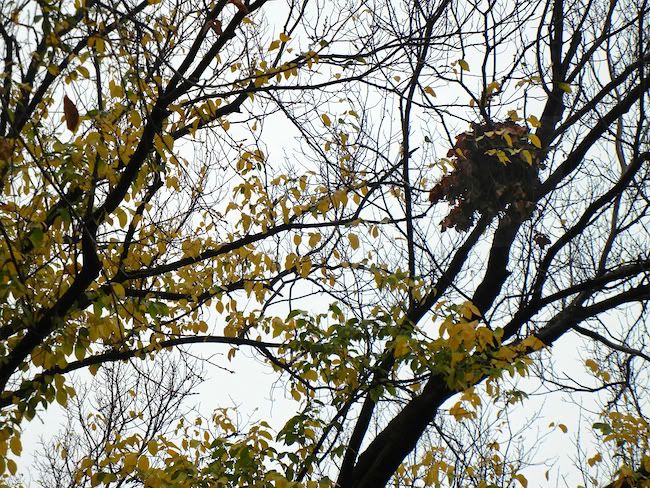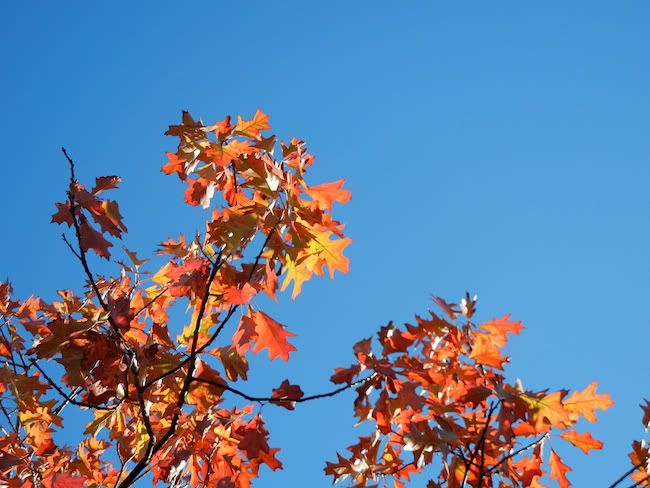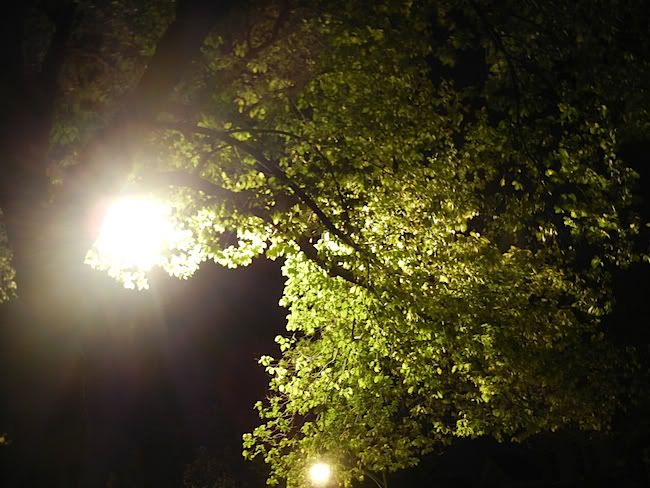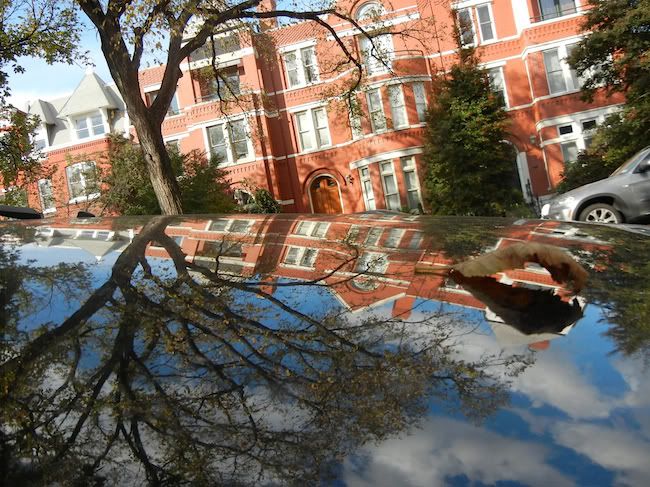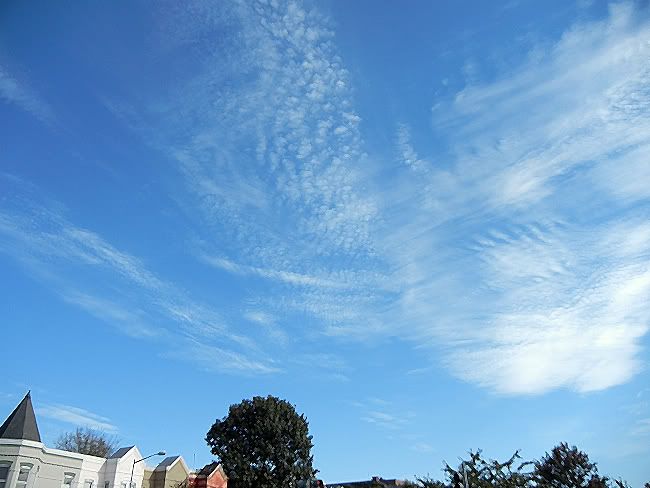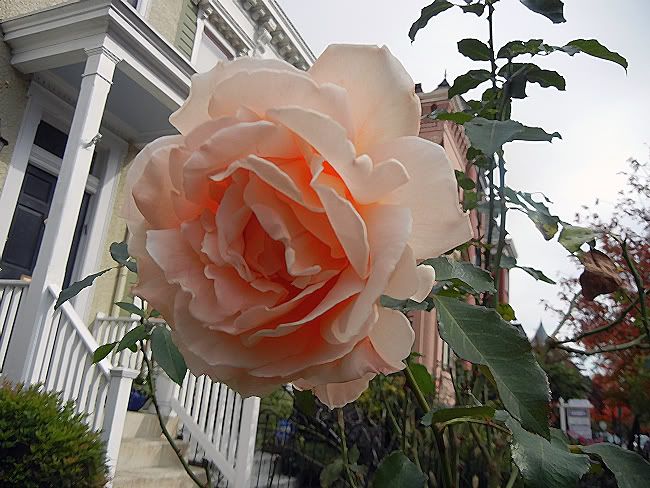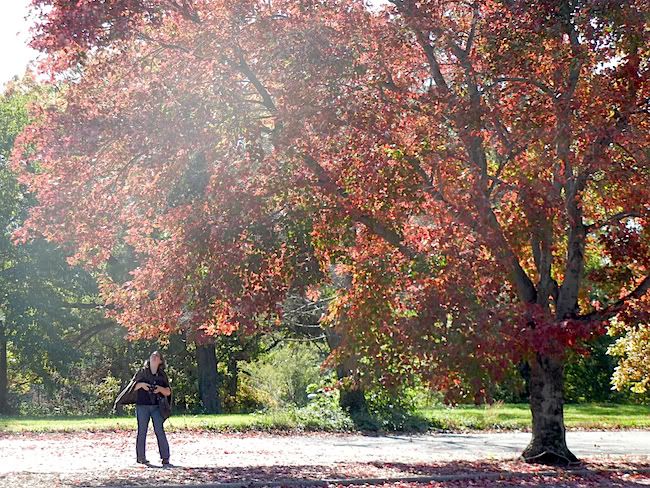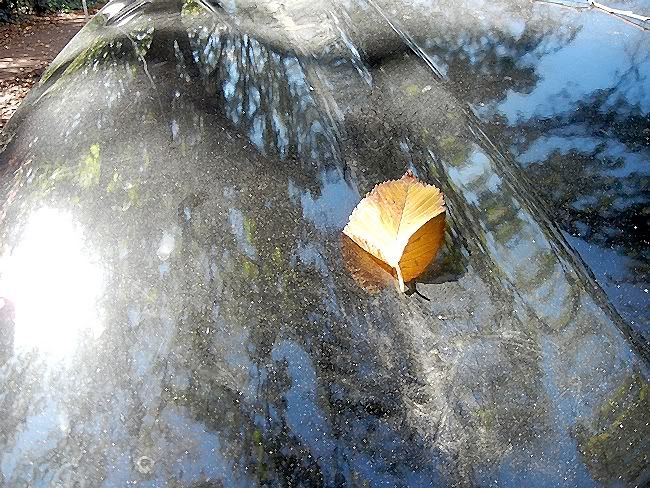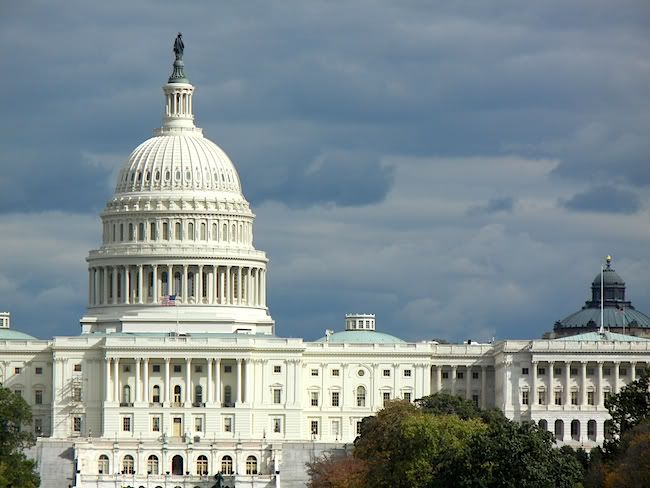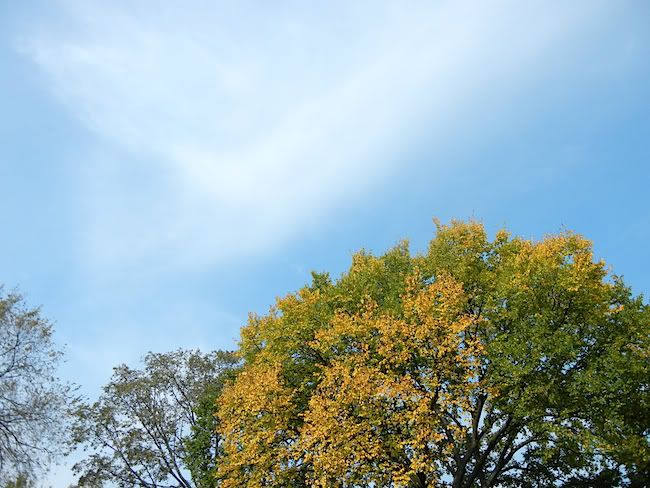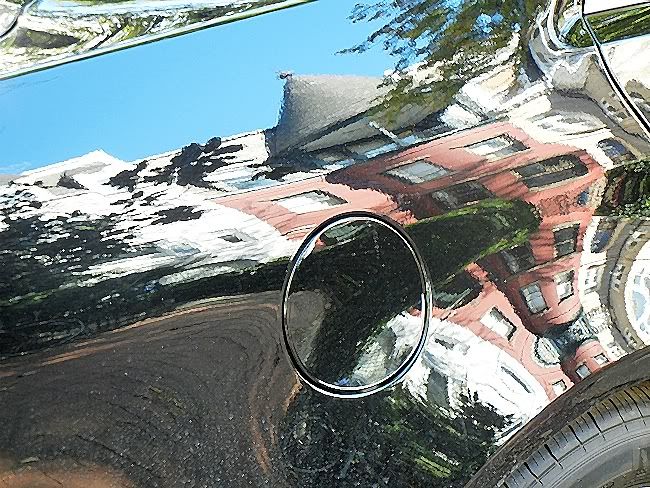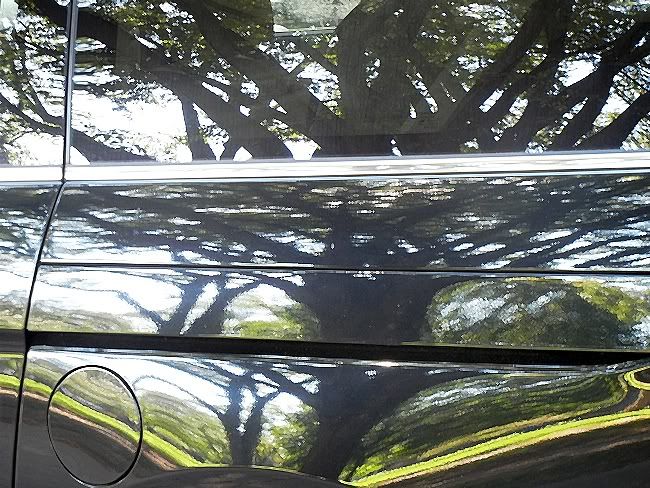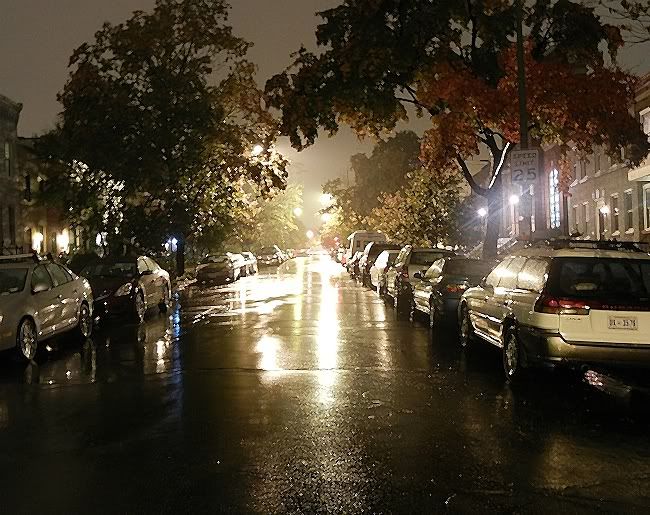
Every bad mood has a physical component. Have you ever thought about it?
Those who insist on compartmentalizing emotion, as if it were separate in some way from body and mind, will focus (when in a bad mood) on the cause of the crankiness, for instance a big fight with a partner or someone at work, traffic jam, gloomy weather, bad news of every kind, etc.
But in truth, the bad mood was already firmly in place
before the arguments or traffic. Life's circumstances act as fuel for the ill humor, but it was already there, waiting. If you're in a good mood, you'll simply crank up the stereo when the traffic jams occur, car dance until you get moving again. At work or with your partner, if you're feeling chipper (love that expression) you are more likely to be compassionate, to listen, and thereby avoid blaming and/or bumping heads.
When you get angry, it's not because of external circumstance. You were already angry. You know that expression, "Woke up on the wrong side of the bed," ? Yeah. It was there, waiting for a trigger. Some days it's only matter of another person looking at you funny; suddenly you're furious, judgmental. The temptation to blame the other is very compelling, but it never actually helps the mood. In fact, blaming external circumstance tends to make the mood even worse.
Bad moods (like every kind of mood) are complicated combinations of physiological, psychological and experiential circumstances. The psychological and experiential aspects of a foul mood are difficult to change. A traffic jam is a traffic jam, yes? But you can pay attention to the physical symptoms and circumstances. Sometimes simply by attending to the physical components of the mood, it's possible to turn things around.
Waking up on the wrong side of the bed often occurs after a bad night of sleep. Sleep is so important! Sometimes it's possible to trace a bad mood to a head or stomach ache. Sometimes those symptoms are very low level, hard to track. A hint of queasiness, constipation, heartburn, conditions you're likely not to notice, can be the foundation of terrible moods. In the aftermath of eating too much of anything, but especially sugar, bad moods are common. Too much caffeine is initially exiliarating, but a couple of hours later? When blood sugar crashes, so will your mood. Oh yeah. Need I even mention the impact of hangovers? Remorse, at the very least, is always part of a hangover. Hunger, too, contributes to bad moods. Are you on some kind of crazy diet? No wonder you're cranky!
Just as culpable are the symptoms that follow an injury. You stubbed your toe and now it aches, so it's harder to walk, or, for that matter, do anything. That nagging pain could put Mother Teresa in a bad mood, hey? A stiff neck, back-ache and other muscular or skeletal pain, acts as a trigger for all kinds of bad moods. Think of phrases like,
pain in the neck. Try to remember it's YOUR neck that hurts, it isn't the boss, partner, dog or situation at hand. Same goes for
pain in the ass. That's YOUR ass that's hurting. Yeah.
Lethargy and depression are, if you ask me, the same condition. When I'm in a mood, if I can remember to get up, go outside and walk around briskly for awhile, or take a big bike ride, I will inevitably become more cheerful. People who exercise regularly are happier than those who don't. When those people can't exercise for one reason or another, stay away from them because lord, they get so irritable! Yikes.
There's no way to avoid bad moods altogether; it's part of our heritage as human beings. I always smile when I hear people say,
There's no point in getting worked up about this, or some similar phrase. Moods are not rational, and will not disappear through the great, tyrannical powers of logic, no matter how much you might wish it. This approach is denial, pure and simple. Try as hard as you can, you can not think your way through a mood.
But you can attend to the physical aspects, if you pay attention. Instead of pointing your finger at another person or a situation over which you have no control, sit instead with your sensations for awhile. Does your stomach hurt? When was the last time you got out for a nice walk? How did you sleep last night? These are things you can attend to, if not control.
See, there are so many reasons to eat well, get enough sleep and exercise. It isn't just about physical health, nope. Living well will make you a happier person, I guarantee it.
Be well today. Life is good. Shalom.
